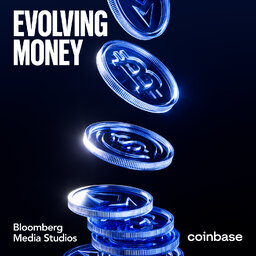Surveillance: US Fragmentation with Peterson
Dana Peterson, The Conference Board Chief Economist, says there's still quite a bit of fragmentation in the economy. Phil Orlando, Federated Hermes Chief Equity Market Strategist, expects one more quarter point hike from the Fed and than a potential pause that may "last a while." Mohamed Younis, Gallup Editor-in-Chief, says nobody in the current GOP lineup is close to giving Trump "any kind of challenge." Anna Ashton, Eurasia Group Director of China Corporate Affairs and US-China, says US Commerce Secretary Raimondo's trip to China is "the most important visit we've had so far from a member of the administration."
Get the Bloomberg Surveillance newsletter, delivered every weekday. Sign up now: https://www.bloomberg.com/account/newsletters/surveillance
In 1 playlist(s)
Bloomberg Surveillance
Listen for the latest in finance, economics and investment. Jonathan Ferro, Lisa Abramowicz and An…Social links
Follow podcast
Recent clips

Bloomberg Surveillance TV: February 23th, 2026
20:31

Trump Tariff Defeat Throws Trade Deals Into Doubt
33:54

Evolving Money: Blue Chip Meets Blockchain (Sponsored Content)
16:48
 Bloomberg Surveillance
Bloomberg Surveillance